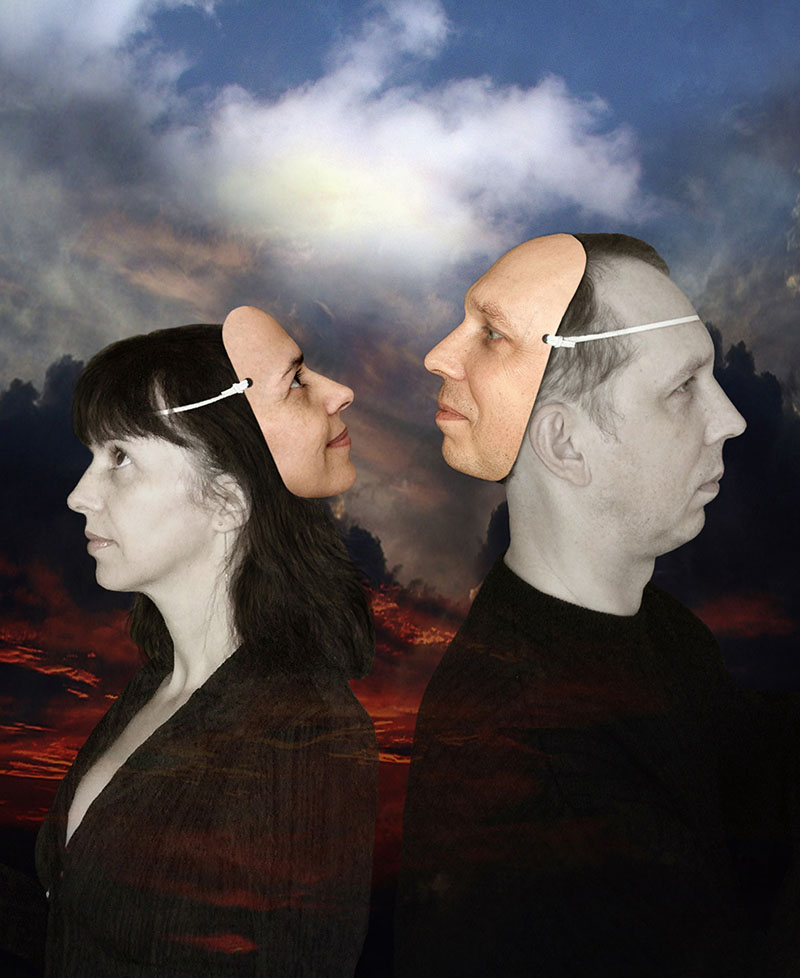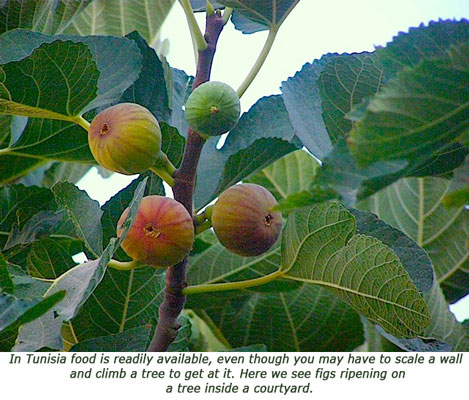 I went to pay for my milk at the Shopper’s Drugstore counter. The friendly Filipino clerk smiled at me and said, “It’s 25% off Thursday. Do you have a rewards card?”
I went to pay for my milk at the Shopper’s Drugstore counter. The friendly Filipino clerk smiled at me and said, “It’s 25% off Thursday. Do you have a rewards card?”
I shook my head no, but stayed hopeful.
“I’ll give you the discount anyway,” she smiled.
I laughed warmly. “When you leave this world,” I replied, “You’ll see how much this moment meant to me.” Her face lit up for a moment but then slid into a frown.
“When I leave this world, it won’t be good,” she replied, her eyes growing watery. “My daughter and I …”.
My heart clenched. “Not good?” I asked.
Her head hung low. “She’s 28. I have a grandchild with her,” she sadly said.
I was in a hurry, and the car waited for me just outside the window. I had so much I wanted to say to her, but all I said was, “I know you’ll turn your relationship around 360 degrees.”
She looked at me, hopeful, but I merely smiled, said goodbye, turned, and rushed out the door.
And that was it.
Today I can’t stop thinking about the lady, and what I wish I had said.
I struggled with my dear family, so badly that I came down with severe migraine headaches day in day out. So, I looked up books on bad family dynamics. What did I find? Books about toxic parents, toxic families, toxic kids, toxic mothers, how to survive an unloving mother, cutting ties with toxic families, and on and on. And I read these books, which fueled my anger and righteousness. Surely, I was done wrong.
And so the chasm grew.
Not one book taught me how to grow in love for the family. Not one book.
I believe the purpose of life is to learn to love one another. To me, there is no higher purpose than love. And our families are put into our lives for us to learn how to love. Even our friends and enemies exist for us to learn how to love. Our pets, our partners, our colleagues, our neighbors all exist for us to learn how to love.
Anything less than love is a shortcoming in our personal growth.
I recently heard a story about a guy who stopped talking to his parents. His dad kept phoning to congratulate him for his successes, but the guy refused to speak with his dad. Six months later, his dad died of a heart attack. You don’t want to face a death in the family with hard or mixed feelings. You only want to part with love—with forgiveness, with compassion.
In the Emotional Wound Thesaurus, I read about horrific family dynamics. Family secrets seem to haunt many of us: abuse, incest, conditional love, addictions, abandonment, narcissism, even murder. The reality is, most families are mixed up. Show me a family without issues, and I’ll write a research report about the rarity. If your family is healthy, either they’re sent from Mars, or you’ve got a great attitude. My guess is the latter.
The first rule to creating a loving family is to know it’s solely our responsibility. After all, we can’t control others; we can only control ourselves. I believe our families don’t need to change one bit, no matter how toxic we believe them to be. Instead, the more we start treating them with courtesy and love, never blaming them, but owning any toxicity, the more the bond of love sprouts. It may take years, but if we give nothing but unconditional love, our family toxicity will fade, and our family love will flourish. That means, we must never criticize, blame, complain, or condemn our families. But don’t expect the same treatment back. That’s how love grows like wildflowers.
I deemed my family toxic until I realized I was the toxic one. I felt finally free once I took ownership of my role and saw their reactions to me as natural responses for their stage of development. And once I started doing and saying things that only built them up, encouraged their best, supported them, and showed caring for them, only then did love blossom. If the love didn’t flourish, I knew I needed to do more, expecting nothing in return.
As for my smiling Filipino friend, I wish I had referred her to the source that started me off in the enlightened direction: a book by The Marriage Foundation. It’s about marriage, not families, but it was the only book that helped me turn around my family dynamic.
I believe there are no such things as toxic families. After all, what everybody truly wants, including our families, is unconditional love. And that love depends on us

